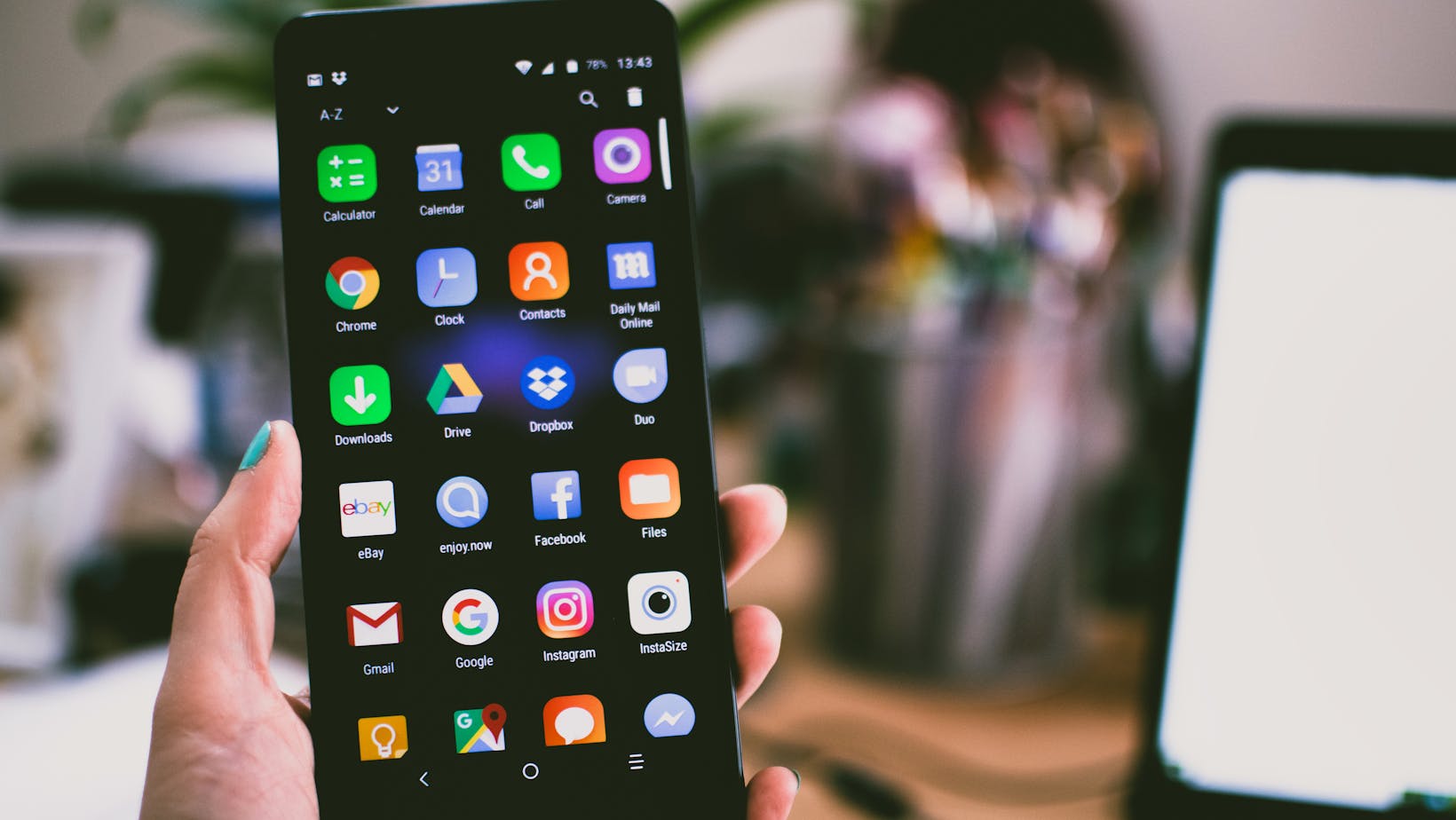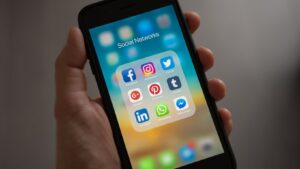
In the rapidly evolving digital world, mobile . de has become a hot topic. It’s a term that’s making waves in the tech industry, yet many are still unclear about what it truly means.
Mobile . De
Mobility in the digital era has taken center stage. As we delve into the evolution of mobile devices, it’s imperative to understand the monumental shifts and advancements that have spearheaded this digital revolution.
Introduction of Mobile Phones
The inception of mobile phones dates back to the early 1970s, when Motorola first introduced the DynaTAC 8000x, a large and bulky device more commonly known as “the brick”, due to its size. However, the notion of portable telecommunication marked a significant step forward.
Throughout the 80s and 90s, mobile phones experienced considerable changes. More compact models emerged, with Nokia leading the way in design and user-friendly interfaces.
 Advancements in Smartphone Technology
Advancements in Smartphone Technology
The turn of the Millennium saw an explosion in smartphone development. Companies like Apple, Samsung, and Google disrupted the mobile arena with feature-packed, sleek devices that looked nothing like the phones of yesteryears.
Apple’s iPhone, revealed in 2007, redefined the boundaries and switched the world’s focus from voice calls to data-oriented services. It was more than just a phone. It was a media player, an internet device, and a means for instant communication.
Samsung’s Galaxy series took the Android market by storm, bringing variety and innovation into the spotlight. The constant enhancements in camera capabilities, processing power, and screen display played a substantial role in encouraging innovation and underlining the shift to a digitally centered lifestyle.
Impact of Mobile . De on Society
In the years since the Motorola DynaTAC 8000x and its portable phone peers first hit the market, mobile devices have drastically altered society in countless ways. This transformation is most evident in everyday communication, work productivity, and social interactions.
Communication Revolution
One of the most profound consequences of mobile devices is the revolution of communication. Prior to the advent of mobile phones, communication was a more time-consuming and planned affair. Now, with a smartphone nestled in pockets or bags, people can send an email, call a friend, or video chat with family – all on the go. This change has broken down geographical barriers, fostering global connections and exchanges.
 Influence on Work and Productivity
Influence on Work and Productivity
Another area experiencing the repercussions of rapid mobile technology evolution is the professional sphere. Mobile devices have ushered in an era of new work dynamics. People can conduct business, communicate with colleagues, and perform tasks from virtually anywhere. With essential applications and high-speed internet access at their fingertips, productivity needn’t be confined to office hours or locations.
Social Implications
Finally, it’s essential to address the significant social shift mobile devices have instigated. In the era of smartphones, socializing is not just an in-person activity. It’s moved onto platforms like Facebook, Twitter, Instagram, and countless other apps. Though this shift enables a constant connection cycle, it also has its downsides.
Must Know
Mobile technology’s imprint on society is undeniable. It’s reshaped communication, transformed work dynamics, and redefined social interactions. Looking ahead, the integration of 5G technology and the rise of IoT connectivity promise to further revolutionize our day-to-day lives.


 Advancements in Smartphone Technology
Advancements in Smartphone Technology
 Influence on Work and Productivity
Influence on Work and Productivity




